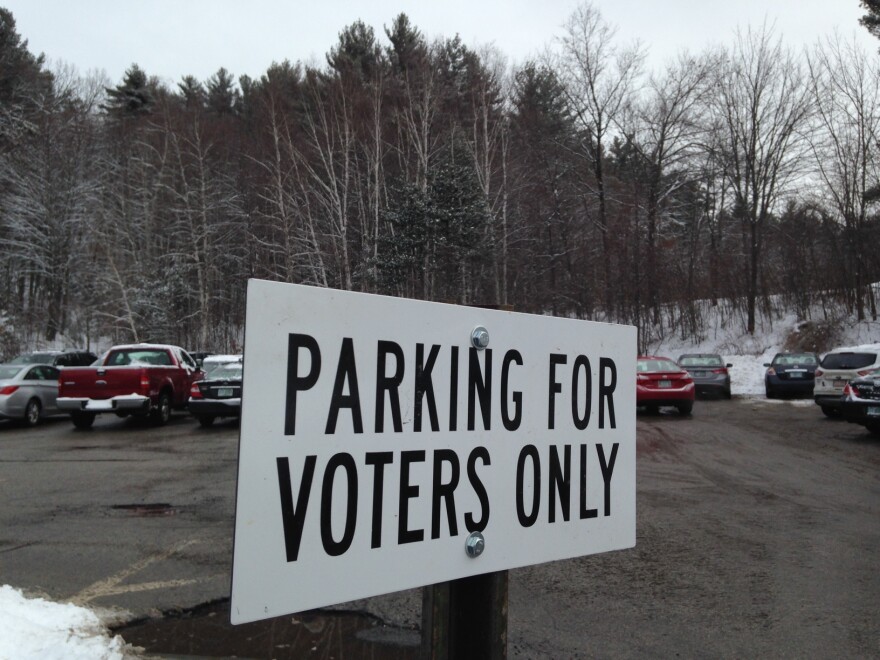A bill that redefines the state’s residency standards passed the Senate with Republican support — despite opposition from Gov. Chris Sununu — and is heading back to the House for further review.
The latest version of HB372 says that to be considered a resident, for voting or otherwise, someone needs to demonstrate an intent to stay in New Hampshire through all of their actions — they can't just say they plan to be here “for the indefinite future.”
Supporters, including Sen. Andy Sanborn, a Bedford Republican running for Congress, described it as a move to bring more integrity to the state’s elections.
“The Secretary of State himself has said we have a trust issue in our state, and we need to fix that, because we need to make sure that every vote counts,” Sanborn said.
Senate Democrats argued forcefully against the bill, saying it would disenfranchise college students or other more transient voters. Several also argued that HB372 could have unintended consequences for other regulations tied to residency status, like college tuition or motor vehicle laws.
“We’re not just looking at where somebody is a resident or where they actually live with respect to the voting laws,” Sen. Donna Soucy said. “If we were doing that, we would only be amending the voting laws.”
Instead, Soucy noted, HB372 changes the “statutory construction” section of New Hampshire’s state statutes — “which affects all laws that use the word ‘resident’ or ‘domicile.’ ”
When this bill was first introduced last year, a representative from the attorney general’s office cautioned that making such changes could have unintended consequences on a host of other policy areas, including “fish and game, drivers licenses, insurance program eligibility, reduced tuition.”
Sununu, who has supported other measures tightening the state’s voter laws, says he opposes HB372 as written. Ahead of Wednesday's vote, a spokesman for the governor said Sununu articulated concerns about the bill in a recent meeting with one of its sponsors, “specifically the importance of analyzing any unintended consequences that may result.”








